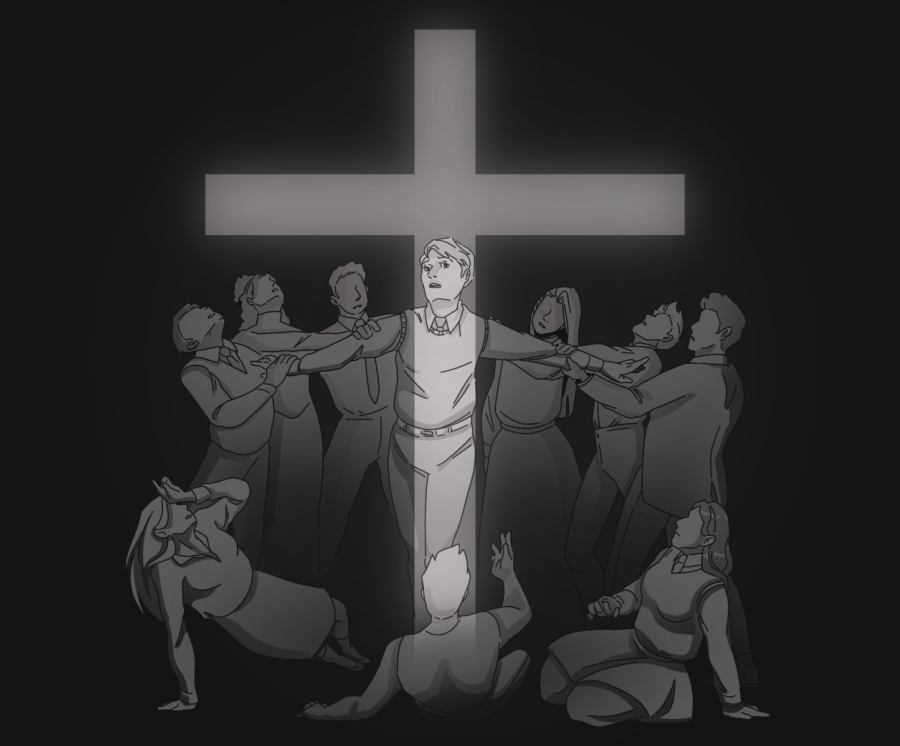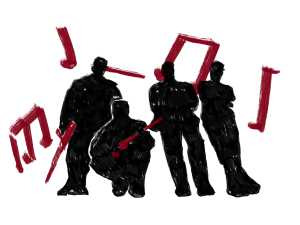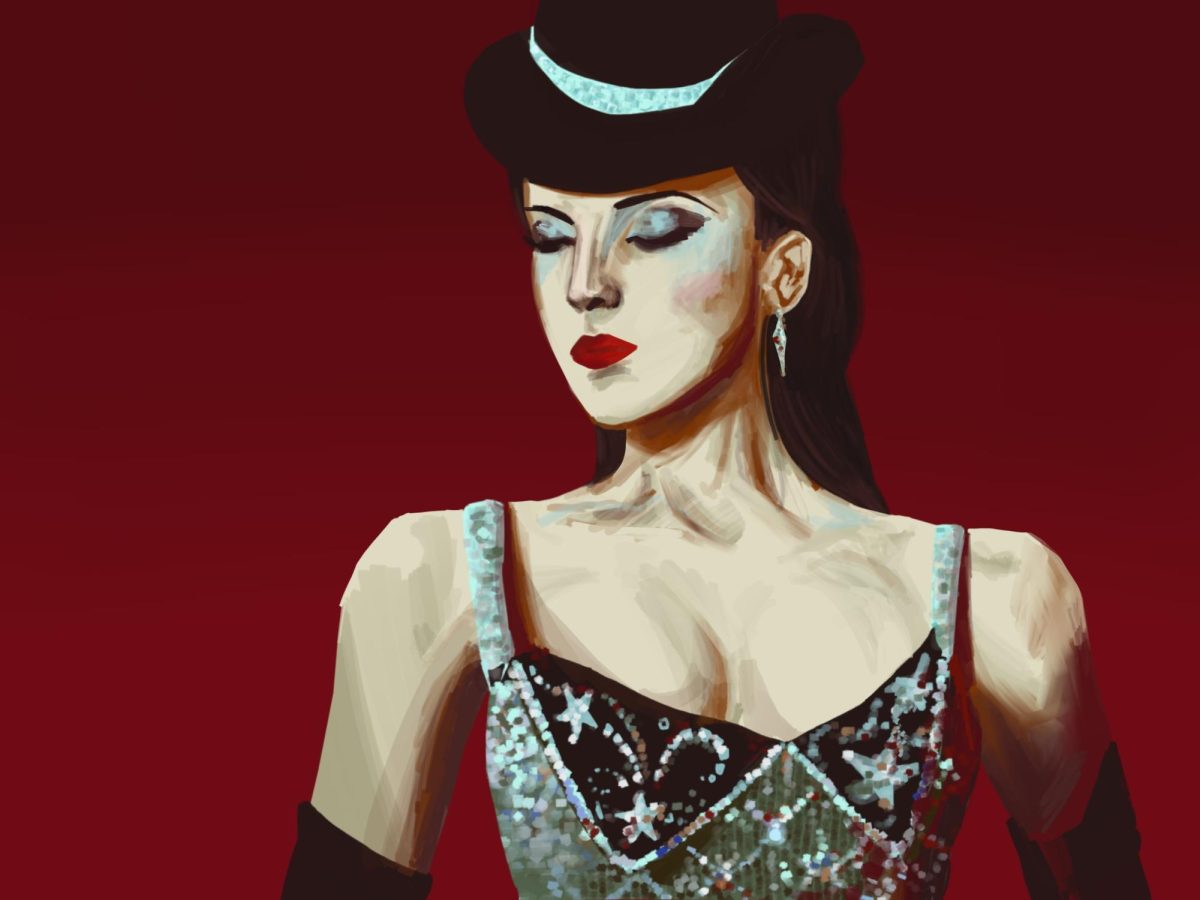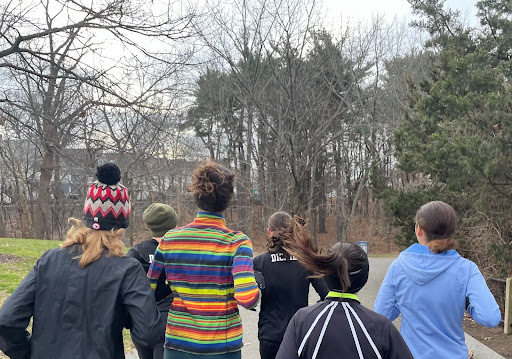Bare: A Pop Opera, Following Struggles of Queer Teens, Is Still Relevant Two Decades Later
4/5 Falcons
January 15, 2023
Bare: A Pop Opera (Notably not Bare: The Musical) is a tragic musical about the dangers and consequences of religious bigotry and hatred. Though written 22 years ago, its exploration of queer issues is still incredibly relevant today. The musical, tragic on its own, becomes truly catastrophic when you realize it could still easily take place today.
First performed in the year 2000, Bare follows Jason and Peter in their final year at St Cecilia’s Catholic boarding school. The two have been secretly dating for years, but are beginning to have conflicting desires for the future of their relationship. Peter yearns for the freedom afforded to straight couples while Jason fears repercussions. Other characters include Nadia, Jason’s overweight sister; Ivy, a popular but insecure girl crushing on Jason; and Matt, Jason’s academic rival, who has a crush on Ivy. In addition to the unexpected character complexity, the musical’s use of foreshadowing is intelligent and devastating.
The musical has brilliantly complex characters, each with their own motivations and desires. Ivy at first seems shallow, bullying Nadia for her weight and focusing more on her own romantic feelings for Jason than others. But in ‘Touch My Soul” and “All Grown Up”, Ivy reveals two secrets to Jason and Nadia that change how they and the audience see her. Throughout the musical, Peter is shown to have a turbulent relationship with his mother, who has trouble accepting his sexuality despite caring for him.
In addition to the unexpected character complexity, the musical’s use of foreshadowing is intelligent and devastating. The characters’ roles in their performance of Romeo and Juliet eerily mirror their own realities. Jason and Ivy find themselves in a tragedy built on secrets. In the song “Bare”, Jason and Peter sing together before going onstage for the play. Their usual roles of Peter searching for freedom and Jason being afraid are reversed in the most haunting foreshadowing of the musical.
The musical also carefully uses symbolism. Sister Chantelle is the only character throughout the entire musical to say the word “gay”. Though it is said in a joking context, it is incredibly significant. She is the only one who is not afraid of the word and who has a truly good relationship with religion. She encourages Peter after realizing he is gay, telling him that God doesn’t make mistakes. On the other hand, right before the end of Act 1, Matt calls Jason the f-slur. Right after this, we see Jason say his relationship with Peter will “always be a problem” and then that “there’s no such thing as heroes who are queer”.
The musical has complexity in its characters and themes. Its surprising relevance is one of its biggest strengths, though at points it became a weakness. Many topics featured can be triggering, so viewer discretion is advised, especially if teen pregnancy, religious trauma and bigotry, suicide, and drug use could be triggering or uncomfortable. Overall, it is well written and should be recommended to queer students, those who have a complex relationship with religion, and anyone looking to ponder these topics further.









